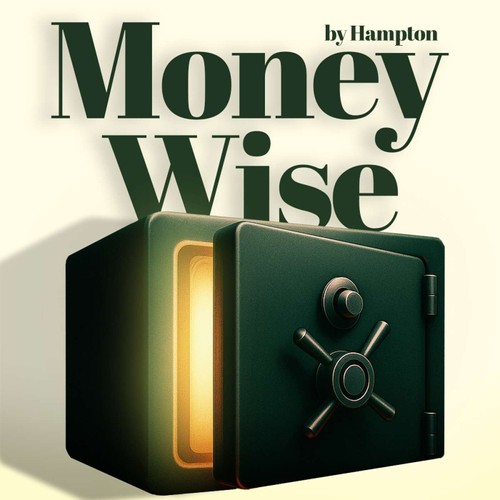
 Moneywise
Moneywise +$100M Exit, Then I Failed. Why 70% of Second-Time Founders Do Too.
127 snips
May 20, 2025 Anastasia Koroleva, who navigated the tumultuous aftermath of a nine-figure exit, shares her journey through divorce, burnout, and identity loss. She discusses the traps many second-time founders fall into, including rushing into new ventures and losing self-awareness. Anastasia emphasizes that wealth alone doesn’t guarantee fulfillment and offers her personal portfolio strategies focused on flexibility. With insights into rebuilding life post-exit and the emotional challenges faced, she aims to guide others in avoiding similar pitfalls.
AI Snips
Chapters
Books
Transcript
Episode notes
Loneliness After Exit
- Anastasia faced intense confusion and loneliness after her exit and divorce.
- Returning to business did not fulfill her need for meaningful social connection.
Don't Rush Second Ventures
- Avoid jumping into a new business too early after exit driven by momentum or escape.
- Lack of motivation often causes failure even if you have financial security.
Know Your Natural Role
- Identify if you're naturally a creator, operator, or investor before starting again.
- Align your new venture to your true strengths to sustain motivation and success.






